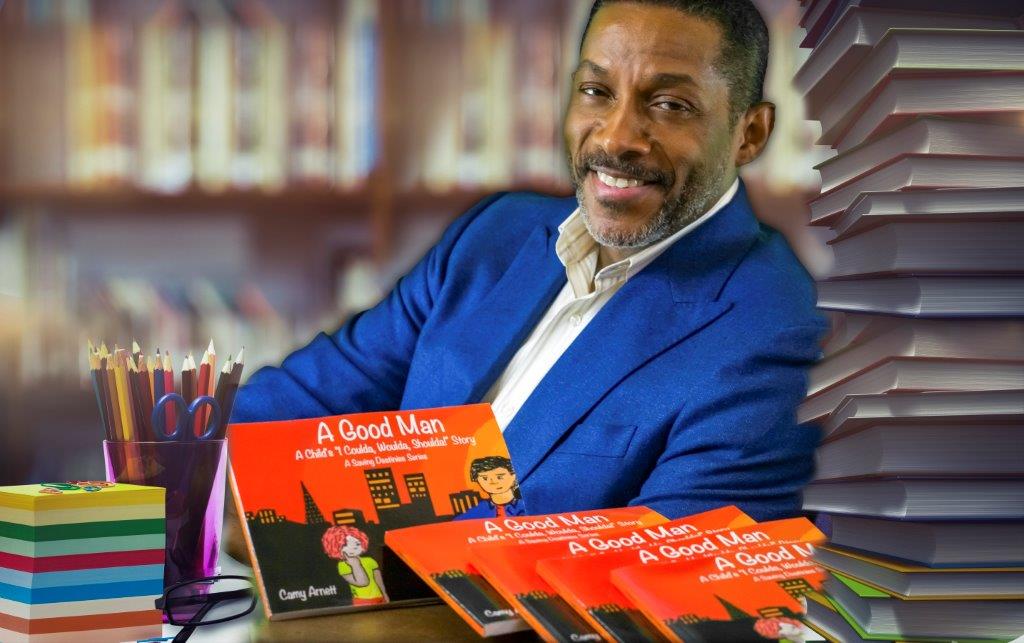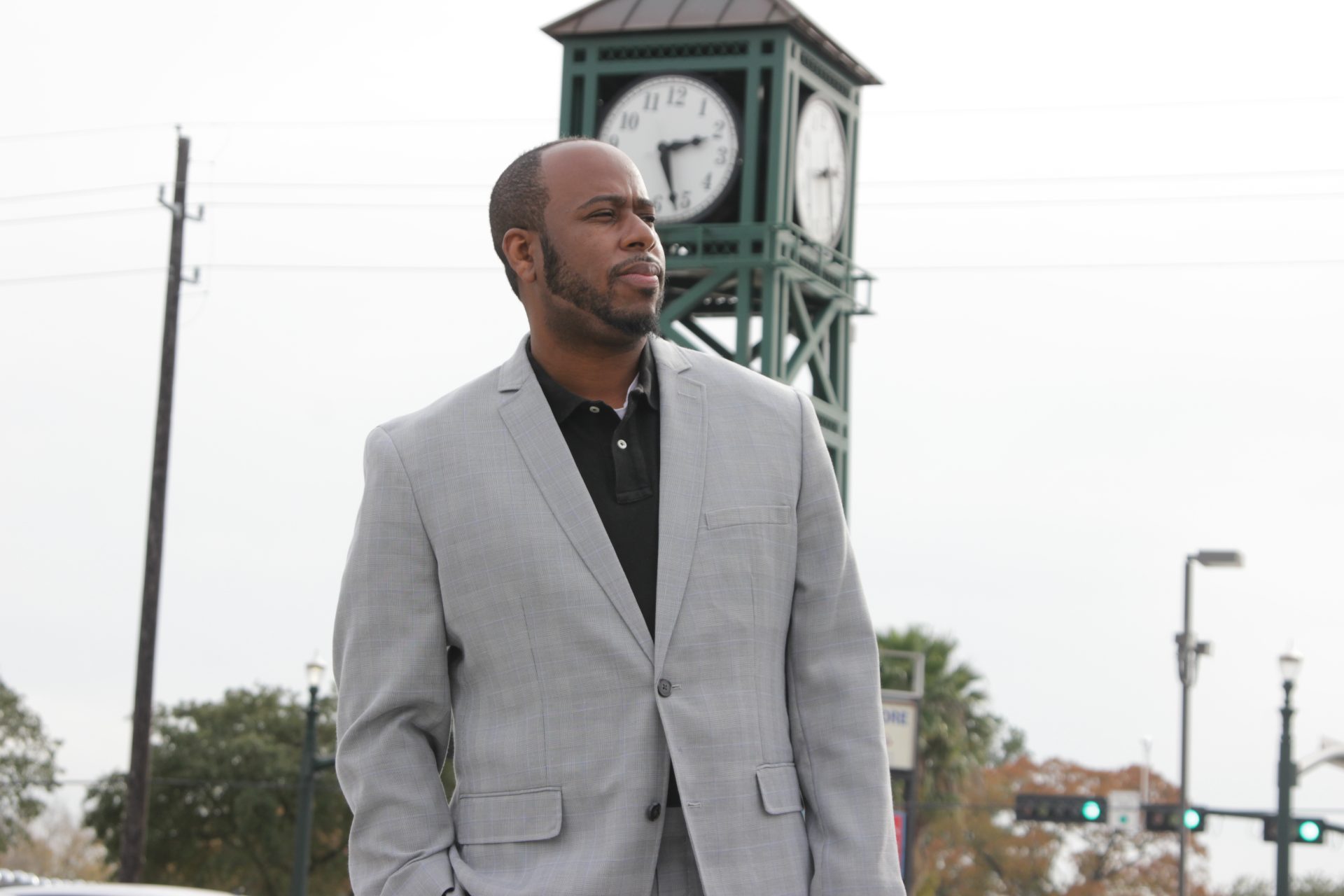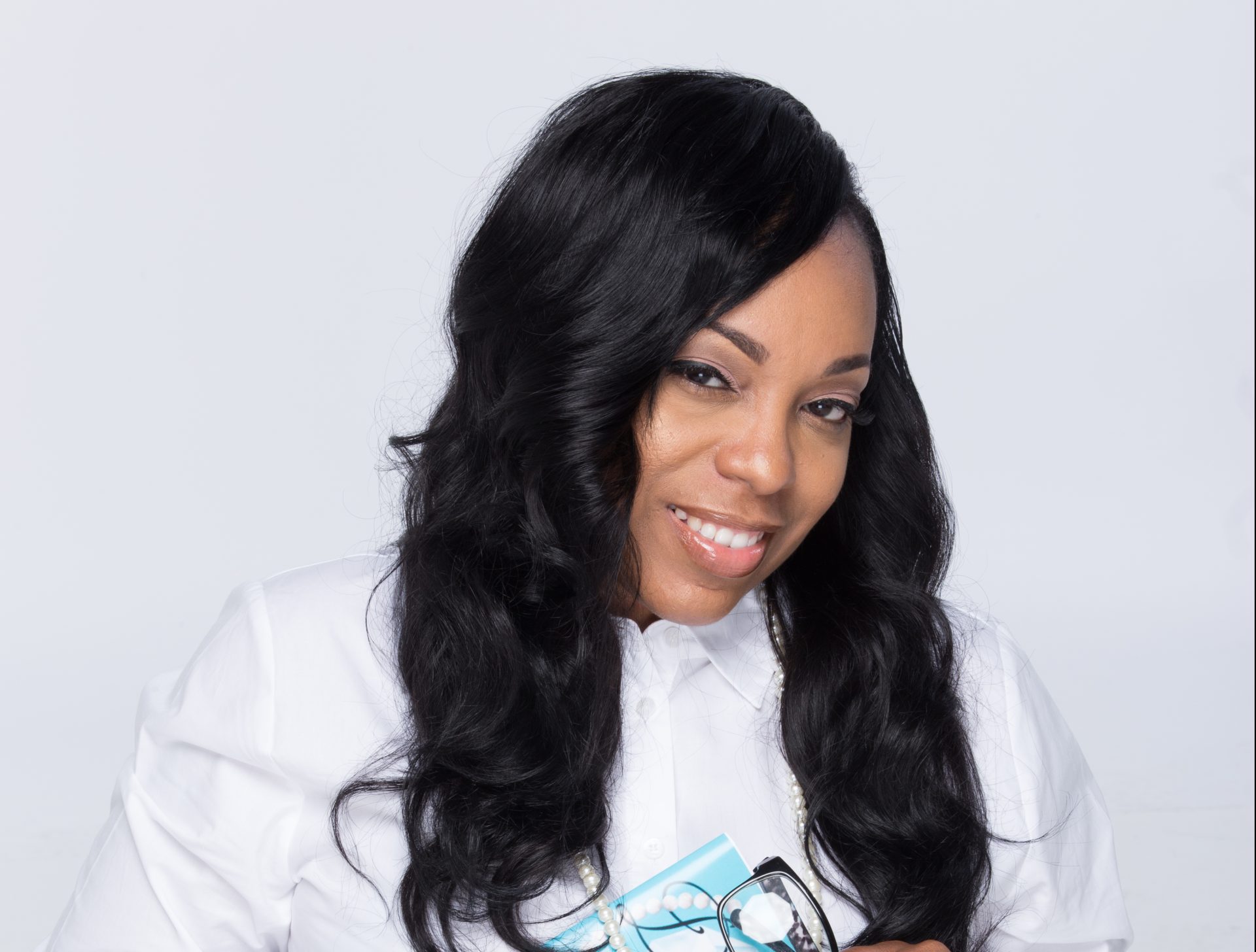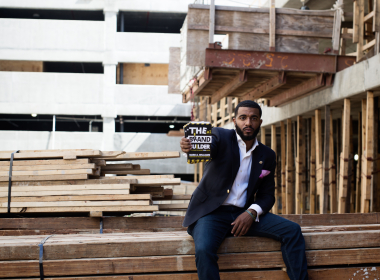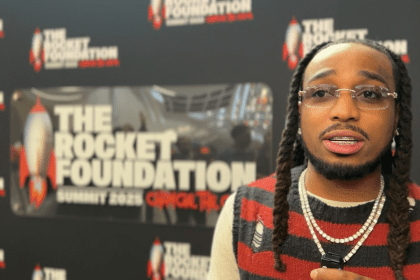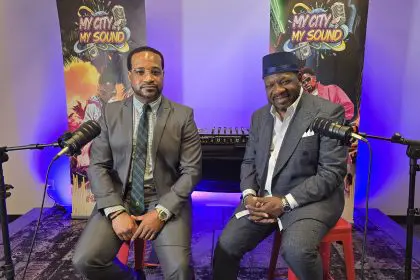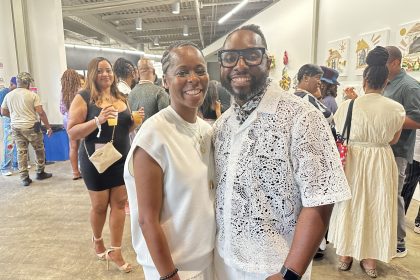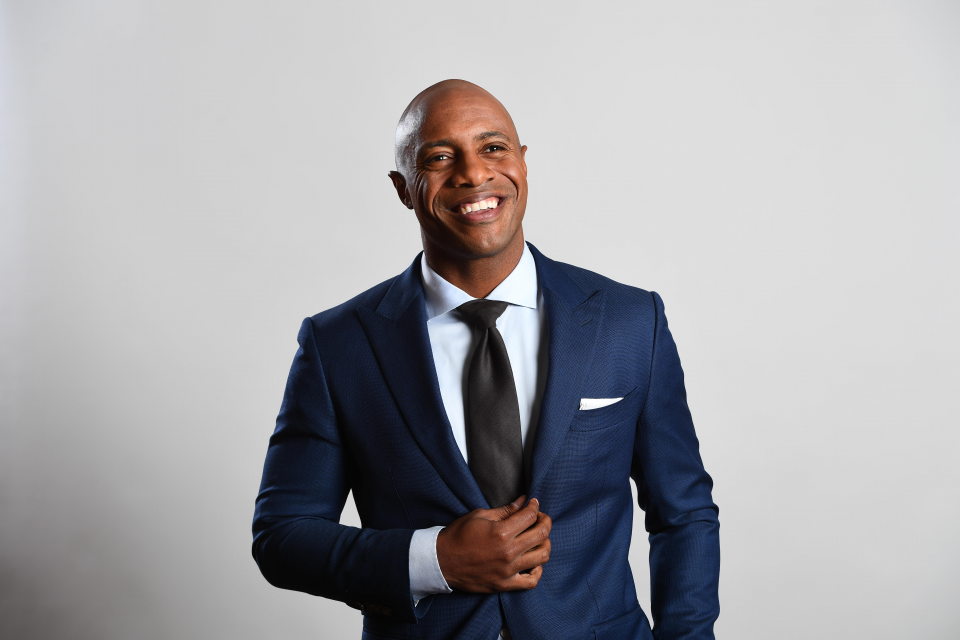
ESPN personality, entrepreneur, motivational speaker and philanthropist Jay Williams is always ahead of the latest trends. Williams frequently provides commentary on various fronts, including sports news, pop culture and lifestyle trends. Williams is one of the most prolific college basketball players in history and was the second pick in the 2002 NBA draft.
Williams is putting his positive and signature personality to work in broadcasting, business and beyond. As a managing partner at Leverage Agency, a leading sports and entertainment marketing firm, and chairman of the JW Group, Williams thrives on connecting people with opportunities. Last year, he released his memoir Life is Not An Accident. which is a New York Times bestseller.
While a motorcycle accident pivoted his promising NBA career, Williams sees the adversity as a blessing in disguise that taught him how to thrive and how to truly inspire others.
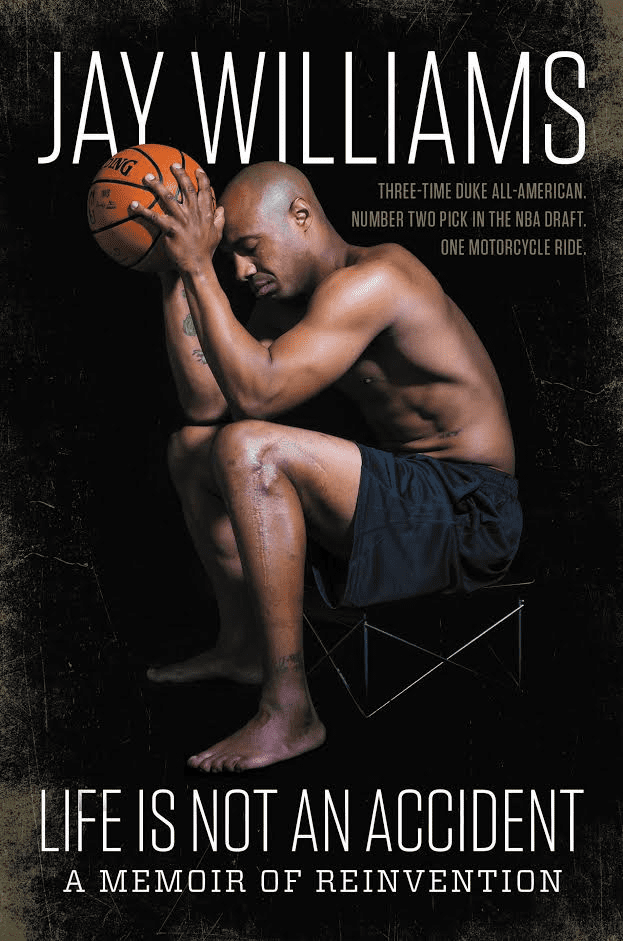
Read what Williams has to say.
Why did you write this book?
My journey was for a reason and it would’ve been selfish to keep those trials and tribulations for myself. I was able to heal from my past by becoming vulnerable enough to share my mistakes and lessons with the world.
What’s the story behind the title?
The story behind my title Life Is Not An Accident is that our lives are a series of “accidents” that shape our perspectives in either a negative or positive way. Accidents don’t always have to carry a negative connotation. Things happen for a reason if you choose to look at your life through the prism of learning, wisdom and evolving as a person.
What do you hope readers will glean from reading your book?
That we all have to the power to pick ourselves back up and make our story what we want it to be. S— happens but we need to use our scars or past as a motivation by our opportunity.
How long did it take you to write this book?
Originally, I got turned down by multiple agencies that told me there wasn’t really a story there and that I should wait another 10 years or so. I left all of those meetings the same way I live my life when people tell me I can’t accomplish something; with a smile while in my mind saying “F.. you.”
What was your regimen to complete this book?
There was no regimen writing this book. My life was and still is chaotic just like everyone else’s so why wouldn’t I make my book the same way. If people really wanted to know my journey, why would I not give them the real me.
How did you arrive at this career choice? Was it a deliberate decision or a gradual and natural evolution?
I never thought about doing television but it was given to me like a gift that you never see coming. It was a way for me to fill the time while I was going through therapy and get my mind away from the depression. I didn’t take it seriously but one day it clicked that this was my calling. I wanted to raise my words instead of raising my voice. I wanted people to see not just my journey but others through their eyes. This is why I am not just hosting but also executive producing. I love story telling through different lenses.
What separates you from others in your field? What is unique to the experience that you create?
I am extremely passionate about what I do and I absolutely am infatuated with people watching. Their mannerisms, body language, thought process, how they are socially, family relationships, intellect or lack thereof, purpose, drive and what makes them who they are. My curiosity translates in my work.
For those considering entering this arena, what skill sets do you recommend mastering? What traits are most conducive to success?
In the business of television, digital air waves as I call it with the changing landscape, you have to say your truth but also be willing to own those moments publicly when you are wrong. Engaging in conversation rather awkward or easy while not losing interest is also another skill set that is overlooked. You have to make the people around you comfortable so the best product can translate across the camera. Last but not least, you can’t be afraid to push the envelope and think outside the box. How are you different than the rest?
How do you stay at the leading edge of your craft?
My craft is a full-time job. Every day I wake up thinking how I can be better than what I did yesterday. The beautiful part is that my studio is the world I live in. Every day I can engage in other people’s stories or history and find things that I know would make great entertainment.
Do you think there are any widely held misconceptions about what you do? If so, what are they and how do you work to dispel them?
The biggest misperception about what I do is that people think you can turn off. This job living somewhat in the public eye never stops or allows you the luxury to “turn off” once you leave your home or safe haven. Media is 24/7 365 and everyone has a camera with an opinion. Yes… you can’t make everyone happy all the time but you can set an example with the human being you strive to become. What I mean by that is taking time to talk to people and not forget that what you do isn’t who you are. This shit could go away tomorrow. So how am I using my voice today to evoke thought and change.
How do you map out your goals? How do you measure your success?
I stopped measuring success a long time ago because the only person I am competing against is myself. I don’t think that drive will ever stop. I pray it doesn’t.
Who do you consider to be your peers in your field? Who do you see/use as examples for you to emulate?
I don’t consider any of these people my peers but always shoot where you want to be, not where you are. I love people who change the game, inspire and evoke thought: @Oprah, Robert L Johnson, @richardbranson, Jamie Diamond, Kanye, @ryanseacrest, my brother @scooterbraun and more.
Name three books, works, performances or exhibits that changed how you view life and/or yourself.
Crush It!: Why NOW Is the Time to Cash In on …– Gary Vaynerchuk
Start with Why – Simon Sinek
Open – Andre Agassi
Why do you consider continued learning important?
Why wouldn’t you want to constantly evolve as a person? I am obsessed with the process.
What affirmations do you repeat to yourself that contribute to your success?
“Be more.”
What role does technology play in your day-to-day life? How do you utilize it?
These digital airwaves are what makes your brand. How are you utilizing your channels, social platforms, and to what degree do you hold your brand are most imperative while building out. You have to look at yourself as a business and invest in your ideas and image.

